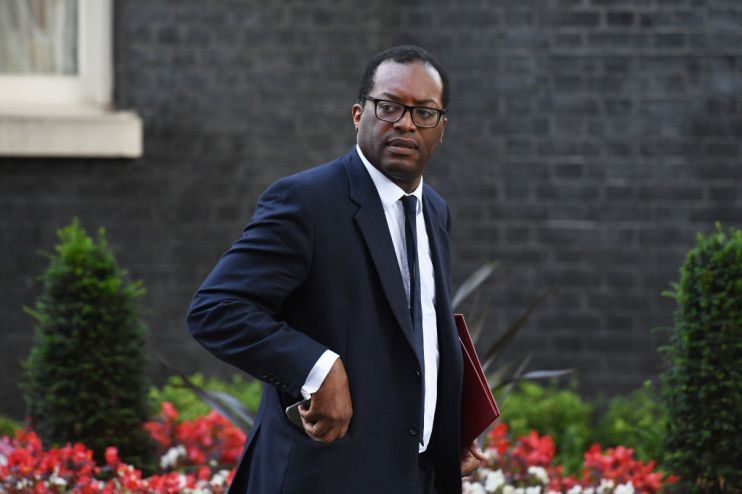Shares in defence supplier Ultra soar as Kwarteng hints of £2.6bn takeover approval

The £2.6bn takeover of UK defence supplier Ultra Electronics by private equity-owned Cobham is reportedly set to receive a green light from the government.
Business secretary Kwasi Kwarteng announced on Thursday that he is “minded to accept undertakings offered”, despite national security concerns.
The move seemingly sparked the interest of investors, as Ultra’s share soared 12.64 per cent to 3,458.00p per share by mid-morning.
The government interrupted the deal in August last year, amid a string of approaches for British aerospace and defence manufacturers post-lockdown, including the £6.3bn takeover of Meggitt by US aerospace group Parker Hannifin.
However, Lady Cobham, the daughter-in-law of founder Sir Alan Cobham, has warned against the “auctioning off” Ultra and Meggitt, as well as satellite giant Inmarsat, in the wake of Russia’s invasion of Ukraine.
The newly imposed National Security and Investment Act (NSIA), which came into force in January, aims to give government greater powers in blocking takeovers or investments which could potentially jeopardise national security.
“Many advanced and industrialised economies like the UK are now updating their domestic legal capacity and institutions to be able to review and if necessary, veto block or mitigate investments which might threaten their national security,” international affairs professor at Georgetown University in the US, Dr Ashley Leniham told a committees meeting on the NSIA earlier this week.
“During the world wars, concerns were raised over acquisitions that would enable a foreign government to engage in espionage or sabotage… or to buy another company that was critical to its national defence,” she said.
Leniham added the Covid-19 pandemic has intensified concern, as it spurred the transition over to the digital sphere.
“The digital revolution we have seen has led to new concerns over foreign investment in frontier and high technology companies, especially surrounding telecommunications, surveillance and those holding private data,” she said. “All of which could enable espionage and sabotage in new ways.”